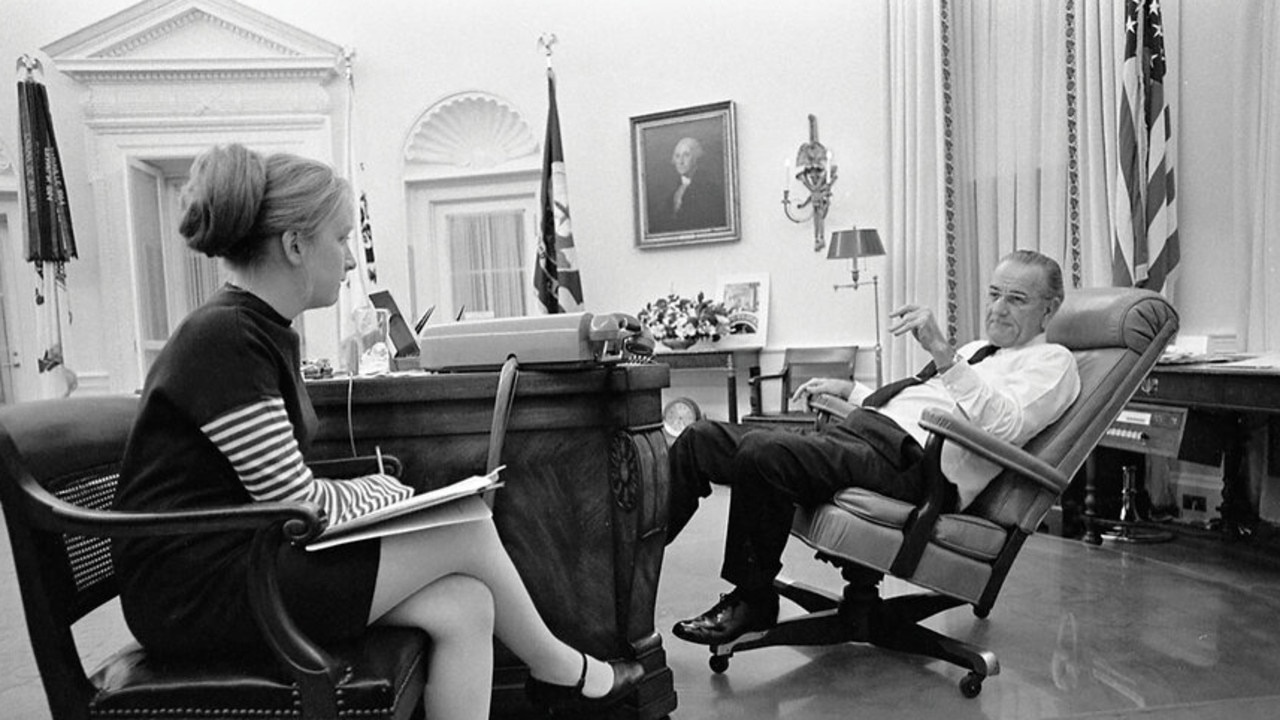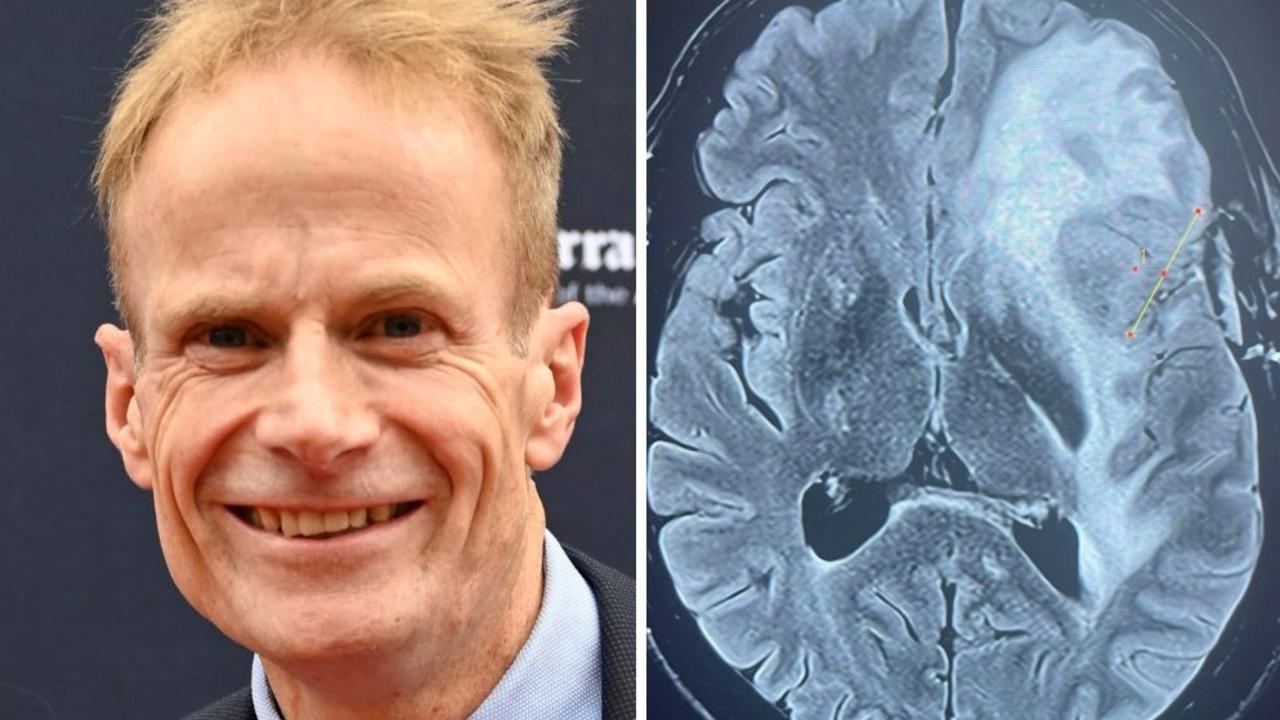‘Profoundly positive influence’: Study reveals brain hack to instantly lift your mood
Aussie researchers have discovered an unexpected brain hack that can instantly make you “happier, more creative and less stressed”.
Some of the USA’s most momentous decisions have been deliberated in the Oval Office of the White House, from the Cuban missile crisis to the Civil Rights Act of 1964.
The distinctive shape of the room, with three large windows overlooking the South Lawn, was the idea of the 27th president William Howard Taft.
He designed it as a tribute to the first president, George Washington, whose Philadelphia residence had an oval room where he could stand surrounded by guests and democratically greet each person from the same distance.
What Taft and Washington could not have known is that curved rooms with a view of nature, such as the Oval Office, have a profoundly positive influence on our mood, health and creativity.
My team at Bond University has conducted a series of studies using Virtual Reality (VR) to explore how the built environment impacts our mental and physical wellbeing.
In one study, participants were placed in virtual rooms with windows overlooking natural scenery.

The findings were clear – those working next to windows with views of nature performed better cognitively and felt better emotionally.
This research supports the growing consensus that natural elements in our surroundings are crucial for our overall wellbeing, reducing stress and enhancing focus.
Building on this, our latest research examined how the shape of a room – whether curved or rectangular – affects us.
Again using VR, participants were immersed in either curved or rectangular rooms, with those in curved spaces reporting feeling happier, more creative and less stressed.
Their heart rates were also lower, indicating a more relaxed state.
These findings suggest that our brains are wired to respond positively to certain spatial designs, and that room shape can significantly impact our psychological state.
Together, these studies underscore the importance of both the shape of a room and the view from its windows in shaping our emotional and cognitive experiences.
The ideal environment for creativity and wellbeing might involve not just a beautiful view but also a thoughtfully designed space that encourages positive emotions and mental clarity.
The practical implications of this research are far-reaching.

For instance, architects and designers can use these insights to create workspaces that foster innovation and reduce stress.
Imagine an office with rounded walls and expansive windows overlooking a park, boosting employees’ mood and productivity and leading to better outcomes for both individuals and the organisation.
Similarly, schools could be designed with classrooms that incorporate curved shapes and natural views, creating an environment that enhances students’ learning and creativity.
The findings could be especially transformative in healthcare settings.
Hospitals and clinics could be designed with these principles in mind, creating spaces that not only promote healing but also reduce anxiety and improve patients’ overall experience.
For example, waiting rooms could feature curved designs and large windows looking out onto gardens, providing a calming environment for patients and their families.
The use of VR in these studies also opens exciting possibilities for future applications.
Virtual environments can be tailored to meet specific therapeutic needs, offering a flexible and cost-effective way to enhance wellbeing.

For instance, VR could be used in mental health treatment to create calming, nature-based environments that help reduce symptoms of anxiety and depression.
This research is part of a growing field called neuroarchitecture, which explores how our brains respond to the built environment.
By combining natural views with intelligent design, architects and designers can create spaces that do more than just look good – they can actively contribute to our wellbeing, creativity and productivity.
The built environment is not just a backdrop to our lives; it plays an active role in shaping our experiences.
Perhaps the Cuban missile crisis may have panned out much differently had President John F. Kennedy been making those fateful decisions in a windowless, square room.
Dr Oliver Baumann is an associate professor and cognitive neuroscientist at Bond University





